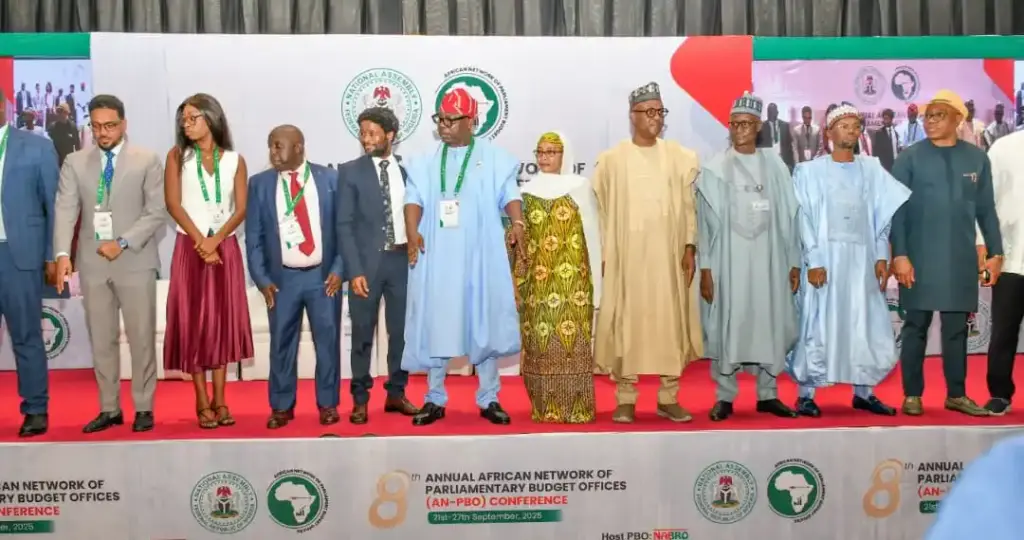Lawmakers from African countries converged in the nation’s capital, Abuja yesterday, to collaborate on blocking yearly leakages of $587 billion as stated by the African Development Bank (ADB) in May this year.
This was as the National Assembly stressed its resolve to establish the National Assembly Budget and Research Office (NABRO), as an independent, non-partisan budget office for evidence-based budgeting, comparable to the renowned US Congressional Budget Office (CBO).
The apex legislative Assembly took the decisions at the opening session of 8th Conference of African Network of Parliamentary Budget Offices, held at the Abuja Continental Hotel.
According to the Conference of African Network of Parliamentary Budget Offices, the annual loss of $587 billion is equivalent to N887 trillion, and was usually lost to capital flight in Africa.
In his key note address at the occasion, the Speaker of the House of Representatives, Tajudeen Abbas, said there was no better time for the gathering to focus on fiscal and governance challenges facing various countries in Africa through effective and efficient legislations than now.
He said: “According to the African Development Bank, Africa loses over $587 billion annually to capital flight– money that flees the continent through corruption, illicit trade, mispricing, and profit shifting by multinational corporations, among other channels.
“Corruption alone is estimated to drain about $148 billion from Africa annually, and other illicit financial flows (such as trade malpractices, smuggling, among others) siphon away additional tens of billions.
“This is money that should be used to build roads in Lagos, equip hospitals in Nairobi, or improve schools in Accra, but instead it vanishes.” He posited that Nigeria presents a cautionary example of both the challenge and urgency of oversight.
He said: “In our public procurement processes, which make up a significant part of government spending, Nigeria loses an estimated $18 billion each year to financial crimes, roughly 3.8% of our GDP. These leaks could fund numerous social programmes many times over. “There is a need to stop such leakages so that budgets can lead to better outcomes for citizens.
That is why we have been increasing oversight hearings, audit inquiries, and strengthening anti-corruption laws. “Oversight is vital to ensure that limited resources are used for the public good.
“Institutional capacity constraints also pose a challenge. Many African parliaments have historically lacked independent analytical resources to effectively scrutinise budgets and expenditures.
“Without access to high-quality fiscal data and economic analysis, legislators may struggle to hold the executive to account on complex issues of macroeconomic policy, debt sustainability, or public investment efficiency. This gap is exactly what Parliamentary Budget Offices are meant to fill”, he stressed.















